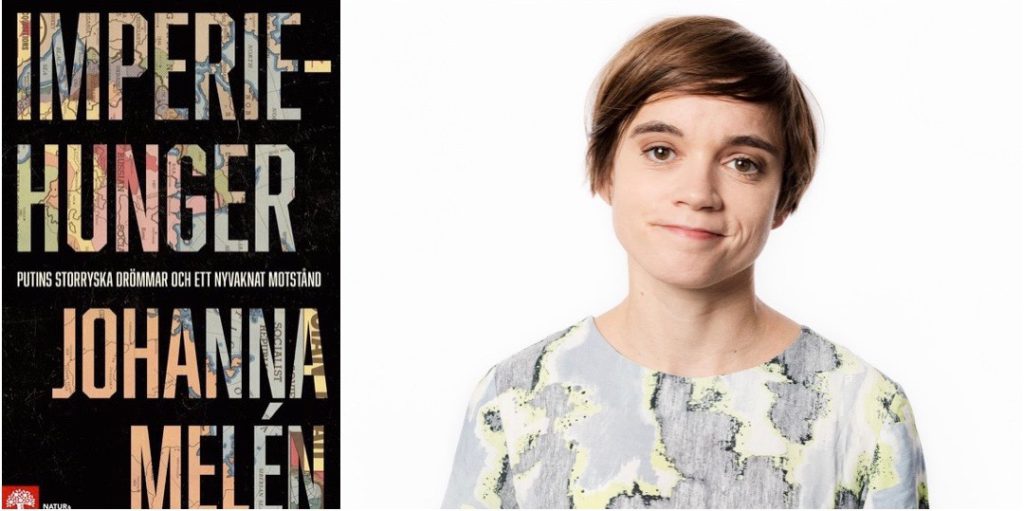Parliamentary Buildings as Contested Spaces in Georgia and Ukraine: Power, Protest, and Legitimacy from the Soviet Era to Post-Independence
RUCARR seminar with Lika Kobeshavidze
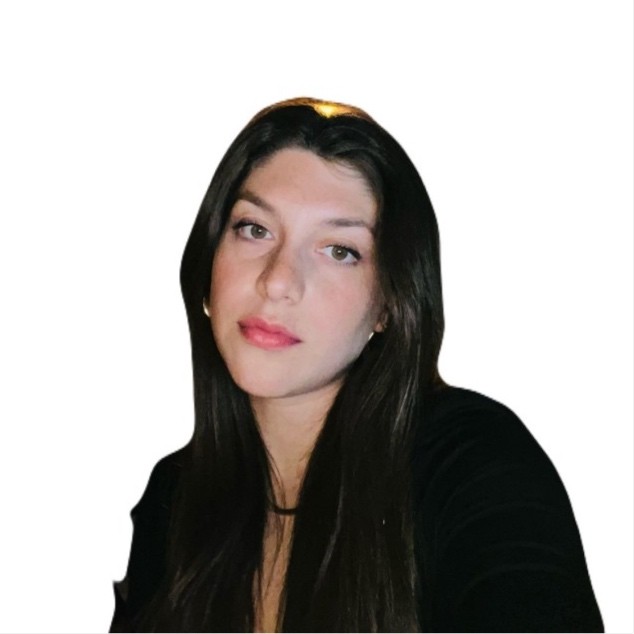 Lika Kobeshavidze is a Georgian political writer and analytical journalist specialising in EU policy and regional security in Europe. She is currently based in Lund, Sweden, pursuing advanced studies in European Studies.
Lika Kobeshavidze is a Georgian political writer and analytical journalist specialising in EU policy and regional security in Europe. She is currently based in Lund, Sweden, pursuing advanced studies in European Studies.
Time: 3 June, 15:15-17:00
Place: Seminar room 9th floor, Niagara or online https://mau-se.zoom.us/j/62245882436
Abstract:
This thesis explores the changing symbolic meanings of parliamentary buildings in Georgia and Ukraine. It focuses on how these spaces evolved from symbols of Soviet authority to main sites of resistance and political struggle through protest movements. The study offers a comparative analysis of Georgia and Ukraine through six key events that illustrate the symbolic transformation of the parliament buildings: the Georgian language protests and the Helsinki Group movement during the late Soviet era (1978–1988), the independence movements of 1989–1991 in both countries; the Rose Revolution in Georgia (2003), and the Orange Revolution in Ukraine (2004). The thesis uses Most Similar Systems Design (MSSD) to compare Ukraine and Georgia, two countries that share a common Soviet past and similar experiences with mass protests, although the state response and course of the events differ in detail. The analysis focuses on Henri Lefebvre’s idea of space as socially produced and Pierre Bourdieu’s theory of symbolic power, combined with discourse analysis methods by Norman Fairclough and Teun van Dijk. These theoretical frameworks allow a detailed analysis of how the discourse of the population, the language of protest, and the collective perception influence the change in the symbolic meaning of these spaces. By focusing on both the discursive and physical aspects of protests, the thesis emphasizes that these buildings are more than administrative centers and that during specific events, they change their symbolic meaning through the discourse and actions of the protesters.



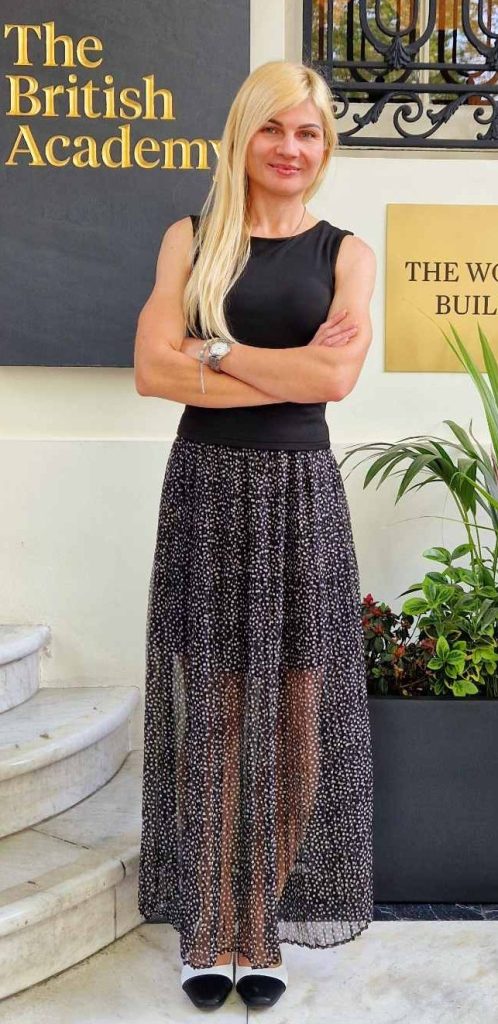
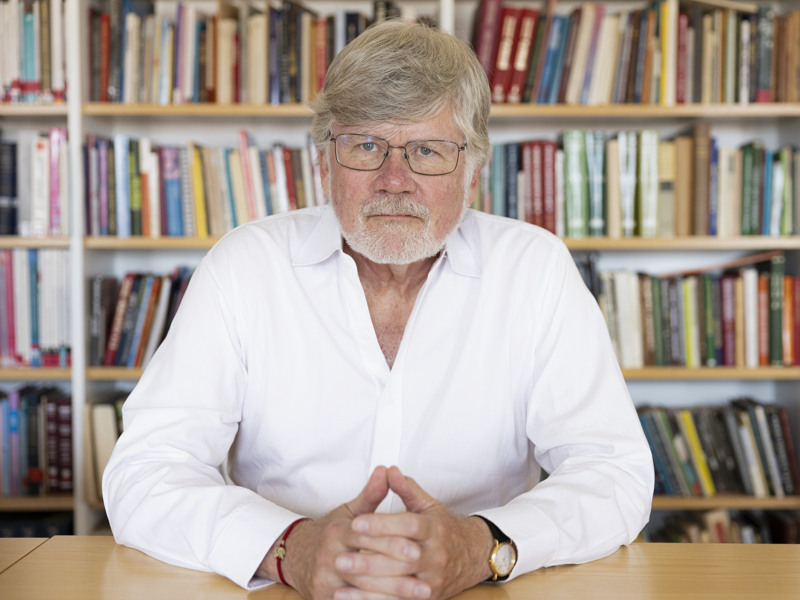
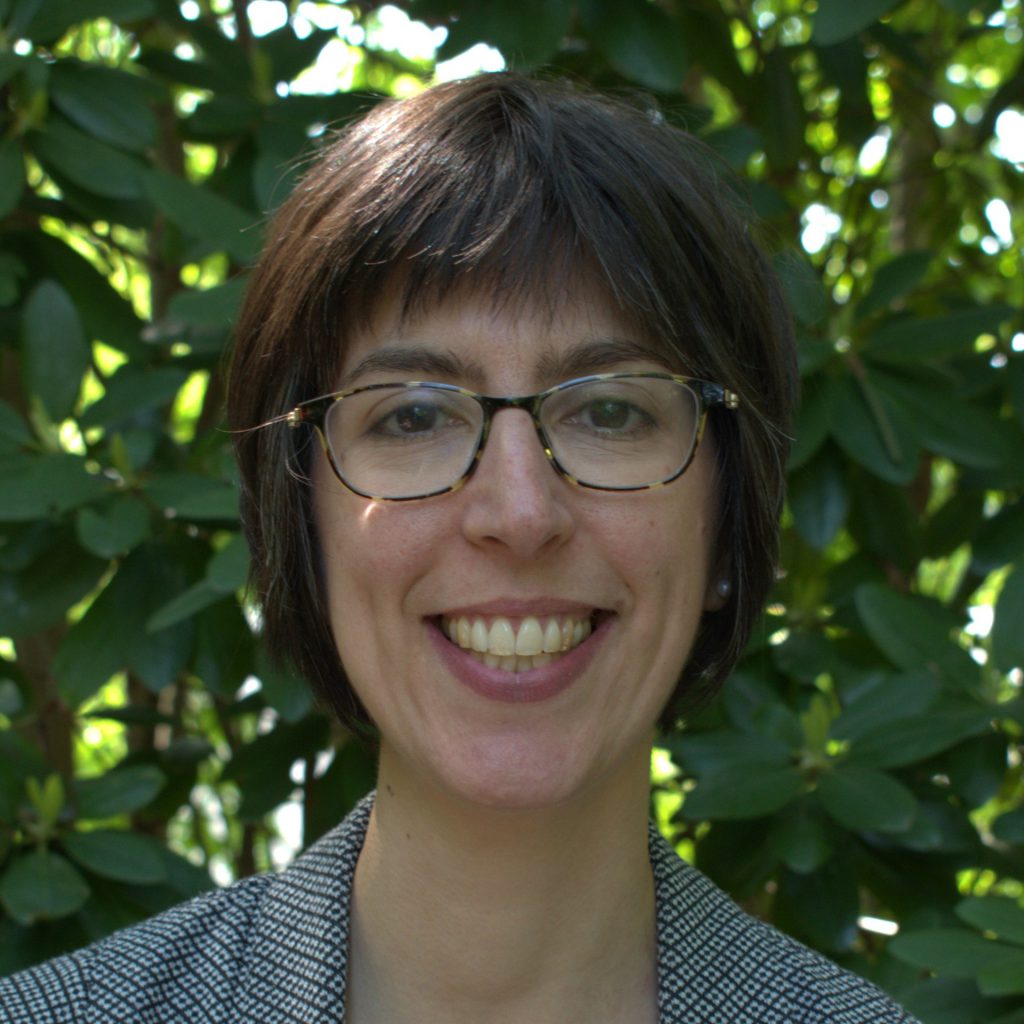 Dr. Leila Wilmers is a Regional Scholar at Cornell University’s Einaudi Center for International Studies and teaches in Cornell’s Department of Sociology. She has a background in peacebuilding work in the non-profit sector and holds a PhD in human geography from Loughborough University, UK. Her research concerns nationalism in the contemporary world, and particularly experiences of nationhood and the processes and conditions of bottom-up engagement with nationalist ideology and politics. Her research and teaching crosses the disciplines of sociology and human geography and her regional expertise is in the post-Soviet space. Her work has been published in the journals Europe-Asia Studies, Ethnic and Racial Studies, Nationalities Papers, and Ethnicities.
Dr. Leila Wilmers is a Regional Scholar at Cornell University’s Einaudi Center for International Studies and teaches in Cornell’s Department of Sociology. She has a background in peacebuilding work in the non-profit sector and holds a PhD in human geography from Loughborough University, UK. Her research concerns nationalism in the contemporary world, and particularly experiences of nationhood and the processes and conditions of bottom-up engagement with nationalist ideology and politics. Her research and teaching crosses the disciplines of sociology and human geography and her regional expertise is in the post-Soviet space. Her work has been published in the journals Europe-Asia Studies, Ethnic and Racial Studies, Nationalities Papers, and Ethnicities.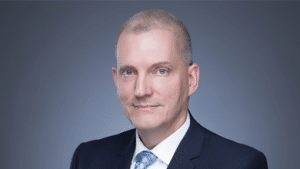 Prof. Oliver Reisner, Ilia State University, Tbilisi, visiting researcher at RUCARR, will give two seminars. Welcome to join us on campus or Zoom:
Prof. Oliver Reisner, Ilia State University, Tbilisi, visiting researcher at RUCARR, will give two seminars. Welcome to join us on campus or Zoom: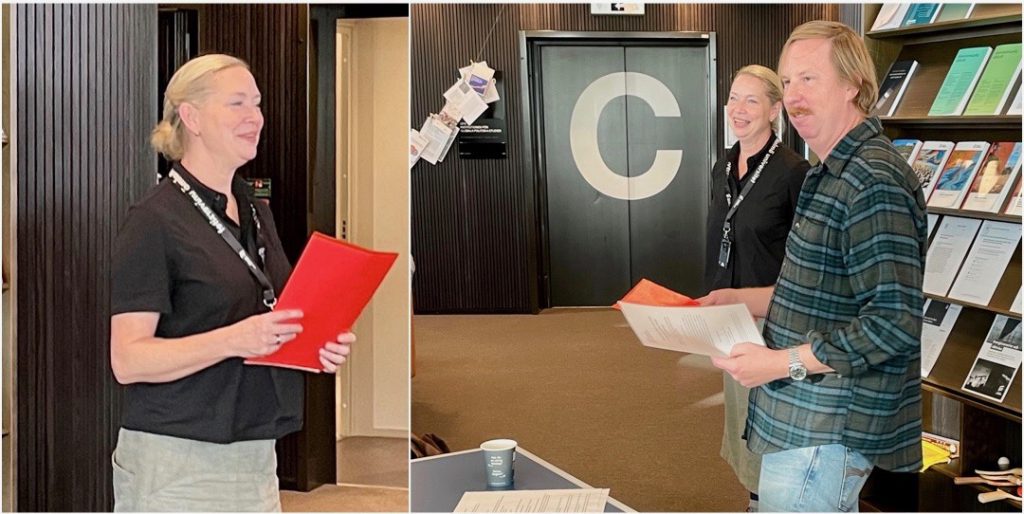
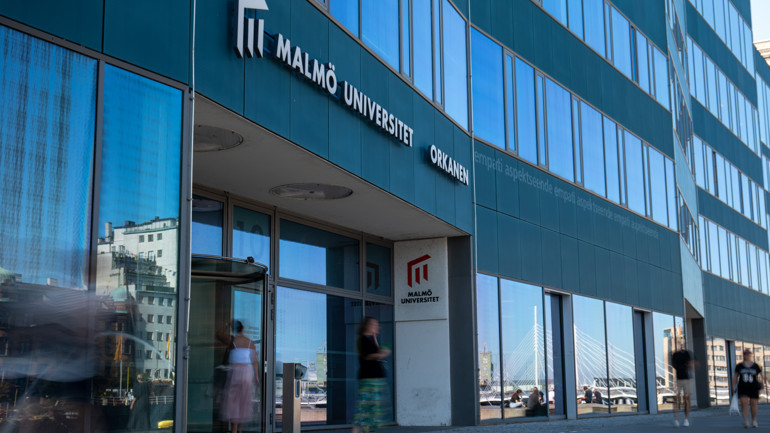 Dr Aliona Yarova presents a Crafoord-funded postdoc project in which she has explored the societal and educational potential of Ukrainian children’s literature about the war. The talk, which is co-organized by the Faculty of Education and the University Library, will focus on her research in Ukrainian children’s literature, her collaboration with the NGO Poruch and her work with the “Schools of Peace”-project. The exhibition will feature some examples of children’s artworks – the result of creative writing workshops with three Ukrainian schools as well as an award-winning map of Ukraine made by the children which was displayed at the University of Tartu Art Museum. She will also discuss about the project’s future prospects, ideas of collaborative funding applications and a possibility to organize an exhibition showcasing children’s works.
Dr Aliona Yarova presents a Crafoord-funded postdoc project in which she has explored the societal and educational potential of Ukrainian children’s literature about the war. The talk, which is co-organized by the Faculty of Education and the University Library, will focus on her research in Ukrainian children’s literature, her collaboration with the NGO Poruch and her work with the “Schools of Peace”-project. The exhibition will feature some examples of children’s artworks – the result of creative writing workshops with three Ukrainian schools as well as an award-winning map of Ukraine made by the children which was displayed at the University of Tartu Art Museum. She will also discuss about the project’s future prospects, ideas of collaborative funding applications and a possibility to organize an exhibition showcasing children’s works.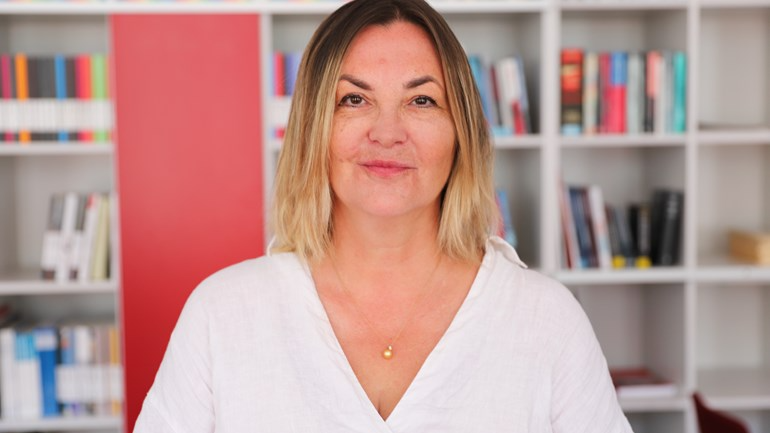 Professor Irina
Professor Irina 